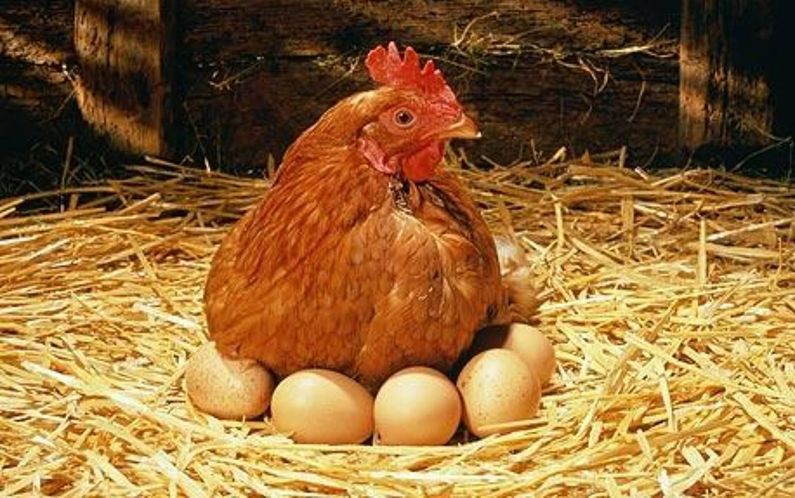Egypt: Feed shortage results in chick culling

A severe dollar shortage has forced Egypt to restrict imports, resulting in a feed shortage and causing Egyptian poultry farmers to cull chicks. This has worsened a continuing food crisis and caused chicken and egg prices to soar. Some poultry feed imports have finally been released.
In September, The National reported that amid a shortage of dollars, of which around 32 billion remain in Egypt’s coffers, the country had placed tight controls on imports and banks had stopped issuing letters of credit required to release shipments of corn and soybeans held up at ports.
As a result, chickens had become too costly to keep and poultry farmers began to cull them, diminishing poultry supplies nationwide, said the president of Egypt’s Poultry Producers Union, Mohamed El Shafei, adding that poultry producers had been trying to avoid making such a decision for months, but to no avail.
It is further reported that 500,000 tonnes of imported corn and 250,000 tonnes of soybeans are required monthly to fulfil the needs of the country’s chickens. To import that amount, the union would require US$340 million every month. El Shafei also highlighted that because the poultry industry employs around 10% of Egypt’s labourers, “any large-scale closures would be catastrophic for the country’s unemployment rate” reported The National.
Egypt’s foreign reserves have dwindled since 2020 when the Covid-19 pandemic kept tourists at home – tourists contribute one of Egypt’s main sources of foreign currency. The country’s economic crisis was made worse by the Russia-Ukraine war which resulted in price hikes of oil and wheat. Additionally, the war prevented Russians and Ukrainians (who make up 30% of Egypt’s tourists) from visiting and bringing with them foreign currency.
This year, Egypt’s imports amounted to around US$83 billion, of which foodstuffs accounted for 24%. Interestingly, Egypt is also the world’s largest importer of wheat.
The result overall has been a steep rise in prices, pushing the inflation rate up to nearly 14% (July 2022).
This month, it was announced that Egypt would release an “appropriate quantity” of feed components from ports every week.
Around 1.5 million tonnes of corn and 500,000 tonnes of soybeans are stuck at ports, the poultry producers union said, reported Reuters, adding that the agriculture ministry said a committee would meet weekly to ensure the availability of feed.
Some 62,000 tonnes of soybeans have since been released, worth US$44 million.
Read also
Wheat in Southern Brazil Impacted by Dry Weather and Frosts
Oilseed Industry. Leaders and Strategies in the Times of a Great Change
Black Sea & Danube Region: Oilseed and Vegoil Markets Within Ongoing Transfor...
Serbia. The drought will cause extremely high losses for farmers this year
2023/24 Safrinha Corn in Brazil 91% Harvested
Write to us
Our manager will contact you soon



